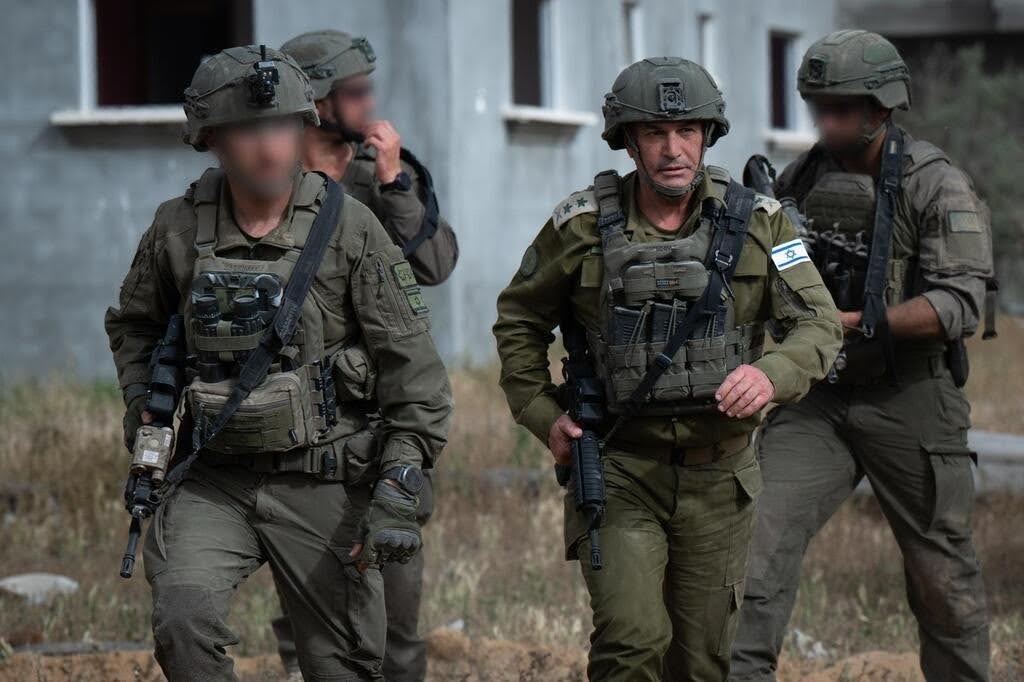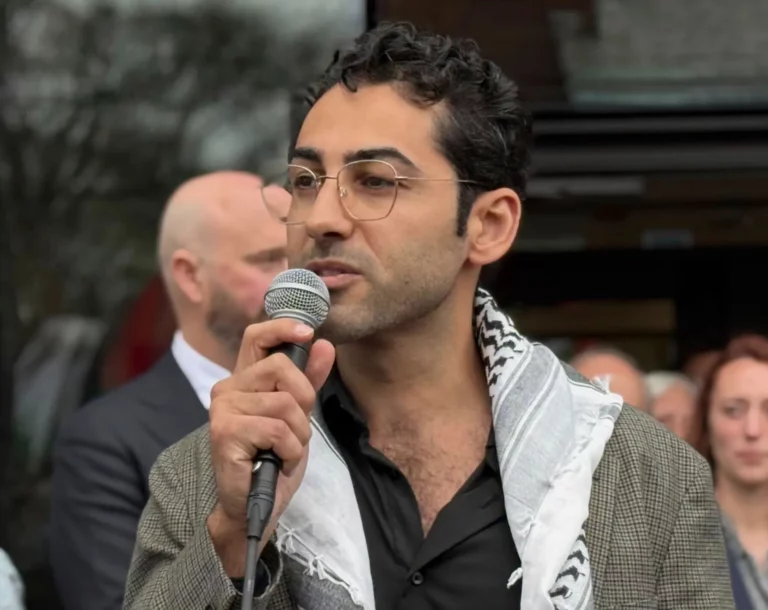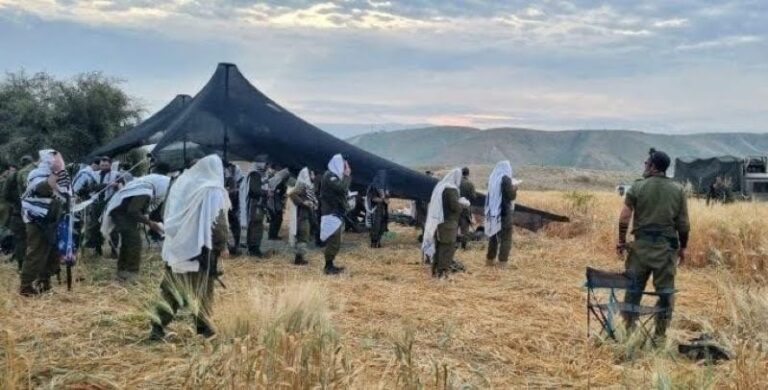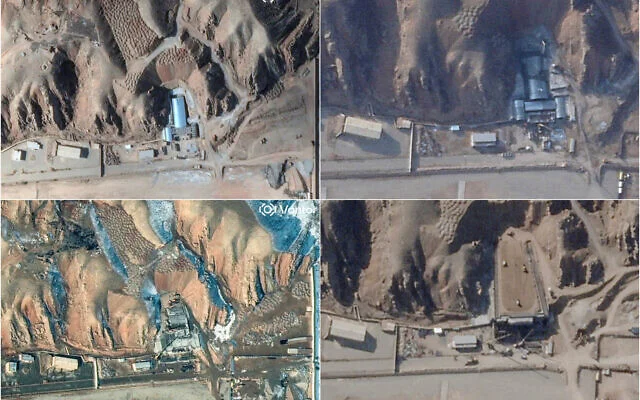In the most consequential disciplinary action since Hamas’s devastating surprise attack, IDF Chief of Staff Lt.-Gen. Eyal Zamir on Sunday dismissed and censured senior military officials for their roles in the failures of October 7, 2023. The move follows months of investigations led by former chief of staff Herzi Halevi and an external professional panel headed by retired Maj.-Gen. Sammy Turjeman.
Zamir summoned top officers to hearings today, while Deputy Chief of Staff Maj.-Gen. Tamir Yadai questioned lower-ranking commanders separately. The results mark the first official penalties levied against the defense establishment for the worst intelligence and operational collapse in Israel’s history. Meanwhile, the political leadership that oversaw the same disaster remains entirely untouched.
Among those punished are former IDF intelligence chief Maj.-Gen. Aharon Haliva, former Southern Command head Maj.-Gen. Yaron Finkelman, and former operations director Maj.-Gen. Oded Basiuk. All three had already resigned from active duty. Zamir has now stripped them of reserve service and barred them from ever returning to senior military roles. Similar expulsion orders were issued against former Unit 8200 commander Brig.-Gen. Yossi Sariel, former Gaza Division commander Brig.-Gen. Avi Rosenfeld, former Southern Command intelligence head Col. Ariel Lubovski, and Gaza Division Northern Brigade commander Col. Chaim Cohen.
The dismissals carry little practical effect, as they target officers who already stepped down months ago. However, Zamir hopes the symbolic accountability will set a precedent, allowing him to impose harsher disciplinary measures on mid-level commanders without being accused of protecting the top brass.
The most controversial decision surrounds Maj.-Gen. Shlomi Binder, now serving as the IDF’s intelligence chief. Binder, who was the number two official in the IDF Operations Command on October 7, received only a reprimand. He will remain in his post through 2028 and has requested to retire afterward. Binder’s role in the initial failure sparked intense criticism, yet Halevi and Zamir both insisted that he was “set up to fail” by systemic dysfunction.
Remarkably, Binder has since earned praise for restructuring Israel’s intelligence apparatus and achieving key successes against Hezbollah, Syria, and Iran. A figure once blamed for catastrophic oversight will now oversee the rebirth of the intelligence community. He will never rise higher, but he will be the one rebuilding the very system that collapsed under him.
Zamir also censured current Air Force commander Maj.-Gen. Tomer Bar for failing to defend against Hamas paragliders and drone attacks, and Navy chief Vice Adm. David Sa’ar Salama for failing to prevent the sea-borne assault on Israel’s coastline. Despite the reprimands, both men will finish their terms. Bar, whose leadership in the ongoing war has been widely hailed, will remain until April 2026. Salama will continue until his tenure concludes in the coming months.
In a notable case involving mid-level command failure, Lt.-Col. “Alef,” the Gaza Division’s intelligence officer, will be expelled from the IDF entirely. He notoriously ignored clear warnings raised by a junior female officer, nicknamed “V,” who flagged Hamas preparations for a massive breach operation known as “Walls of Jericho.” Unlike several high-ranking officers who quietly returned home, Alef will leave in disgrace.
Not all senior officers were punished. Former Southern Command and Deep Command head Eliezer Toledano received no disciplinary action. Zamir issued no judgment regarding former chief of staff Herzi Halevi, who holds equal rank. Zamir also ruled that claims against Brig.-Gen. Eliad Moati, Brig.-Gen. Manor Yanai, and Col. Ephraim Avni were baseless, clearing the way for their promotions—appointments that Defense Minister Israel Katz had frozen.
The contrast with the political echelon remains glaring. Nearly every senior security official on duty during the October 7 catastrophe has either resigned or been disciplined. Yet not a single government official has stepped down or faced consequences. Prime Minister Benjamin Netanyahu remains in office. National Security Minister Itamar Ben-Gvir retains his position. Finance Minister Bezalel Smotrich has not been questioned or publicly scrutinized. Even former defense minister Yoav Gallant—one of the only leaders to warn of security dangers before the war—was pushed out by Netanyahu, but not for October 7.
(YWN World Headquarters – NYC)











2 Responses
Ben Gvir said to attack Aza way before Oct 7th and they ignored him……this article has the audacity to compare him to Biyuv Nothingforyou, the Oslo planner and enforcer for the last twenty years?
Israel is a democracy for the most part and it up to the people to “punish” leaders who make a mess of things. The next election will be in 2026.